Most people think of calling a lawyer when something goes wrong—a lawsuit, an arrest, a business dispute. But one of the smartest moves you can make is to seek legal guidance before problems arise.
Preventive legal advice is like regular maintenance for your car or check-ups at the doctor—it keeps things running smoothly and protects you from bigger issues down the road.
Here’s how working with a lawyer proactively can help you avoid legal trouble altogether:
1. Setting Up Solid Contracts and Agreements
Contracts are the foundation of any legal relationship, whether personal or professional. An attorney can draft, review, or revise contracts to ensure:
- Your rights are clearly protected
- Responsibilities are clearly outlined
- Terms are fair, enforceable, and unambiguous
Whether it’s an employment contract, business agreement, lease, or service contract, having a lawyer involved from the start can prevent disputes and misunderstandings later.
2. Keeping Your Business Legally Compliant
If you run a business, you’re juggling countless legal responsibilities—licensing, taxes, employment laws, data privacy, and more. A lawyer can help you:
- Choose the right business structure (LLC, corporation, etc.)
- Draft internal policies and procedures
- Ensure you comply with local, state, and federal regulations
- Prepare for audits or inspections
By staying ahead of legal requirements, you protect your business and reduce your risk of penalties, fines, or lawsuits.
3. Drafting Wills, Trusts, and Estate Plans
Estate planning isn’t just for the wealthy—it’s for anyone who wants to make sure their assets are handled properly and their loved ones are protected. A lawyer can help you:
- Draft a legally sound will
- Set up trusts for your family or children
- Appoint power of attorney or healthcare proxies
Without these documents, state laws will determine what happens to your assets—and it may not be what you intended.
4. Navigating Employment Law Issues
Whether you’re an employer or an employee, misunderstandings about employment rights can lead to serious problems. A lawyer can provide guidance on:
- Employee contracts and handbooks
- Non-compete or confidentiality agreements
- Wrongful termination or discrimination issues
Getting ahead of potential conflicts in the workplace can prevent costly legal battles later.
5. Providing General Legal Risk Assessments
Think of a lawyer as your personal risk manager. They can review your current practices, identify areas of legal exposure, and suggest improvements. This applies in areas like:
- Intellectual property protection
- Real estate transactions
- Family agreements (like prenups or custody arrangements)
The goal is to spot potential issues before they become major legal headaches.



A wonderful serenity has taken possession of my entire soul, like these sweet mornings of spring which I enjoy with my whole heart. I am alone, and feel the charm of existence in this spot, which was created for the bliss of souls like mine. I am so happy.
I feel that I never was a greater artist than now. When, while the lovely valley teems with vapour around me, and the meridian sun strikes the upper surface of the impenetrable foliage of my trees, and but a few stray gleams steal into the inner sanctuary.